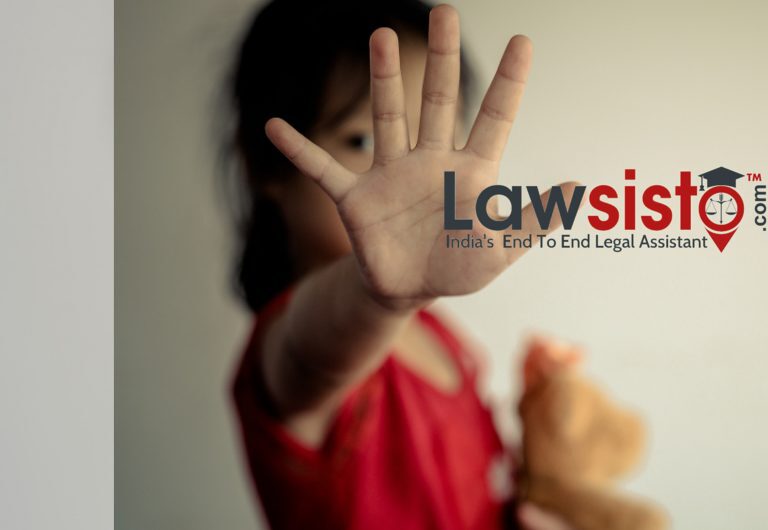Latest News
Supreme Court: Sexual intent, not ‘skin to skin’

On January 19, a single judge of the Bombay High Court's Nagpur Bench caused a stir when he acquitted a man under the POCSO Act, ruling that an act against a juvenile would only be considered groping or sexual assault if "skin-to-skin" contact was made. A sessions court had found a 39-year-old man guilty of sexually assaulting a 12-year-old girl and sentenced him to three years in jail, but the judge had overturned that decision. According to the prosecution and the evidence of the juvenile victim in court, the accused took the girl to his house in Nagpur in December 2016 on the pretence of giving her something to eat, then grasped her breast and attempted to remove her clothes.
The High Court ruled that merely stroking or touching a child's clothed body did not constitute sexual assault. The offenders were found not guilty of sexual assault but were convicted of minor offences because they did not make skin-to-skin contact with their victims, according to the High Court. The Attorney General of India, the National Commission for Women, and the State of Maharashtra filed an appeal to the Supreme Court following the verdict.
The Supreme Court of India overturned the High Court of Judicature in Bombay's decision, ruling that sexual assault under the Protection of Children from Sexual Offenses Act (POSCO) does not require "skin to skin contact," but rather sexual intent as defined by Section 7 of the POCSO Act.
Section 7 states that “whoever with sexual intent touches the vagina, penis, anus or breast of the child or makes the child touch the vagina, penis, anus or breast of such person or any other person, or does any other act with sexual intent which involves physical contact without penetration is said to commit sexual assault”.
Reasoning stated by the Supreme Court
It was pointed out that limiting the meaning of the terms "touch" and "physical contact" under Section 7 of the POCSO to "skin to skin contact" would not only be a restricted and pedantic interpretation, but would also lead to nonsensical interpretation of the provision. Rather than eliminating a rule, the construction of a rule should give it effect. The legislative aim cannot be carried out unless a broader interpretation is applied. The goal of the law cannot be to allow the offender to slip through the cracks in the system.
The most crucial factor in Section 7 was the offender's sexual intent, not skin-to-skin contact, according to the Bench. It was observed that the he judgement that the provision's 'sexual intent' should be ex facie skin to skin would contradict the provision's purpose. Rather than putting the regulation into effect, it would demolish it.
The court stated that the Legislature could not have meant or anticipated "skin-to-skin contact" as a basis for a "sexual assault" offence. The bench said that the very object of enacting the POCSO Act is to protect children from sexual abuse, and if such a narrow interpretation is accepted, it will result in a very detrimental situation, frustrating the very object of the Act, inasmuch as touching sexual or non-sexual parts of a child's body with gloves, condoms, sheets, or cloth, though done with sexual intent, would not constitute an offence of sexual assault under Section 7. It was also concurrently opined that the High Court had trivialized and legitimised unacceptable behaviour.
While overturning the High Court's ruling, the Supreme Court confirmed the offender's guilt and sentenced him to three years of harsh imprisonment, plus the time he has already served.
“This Article Does Not Intend To Hurt The Sentiments Of Any Individual Community, Sect, Or Religion Etcetera. This Article Is Based Purely On The Author's Personal Views And Opinions In The Exercise Of The Fundamental Right Guaranteed Under Article 19(1)(A) And Other Related Laws Being in force In India, For The Time Being. Further, despite all efforts that have been made to ensure the accuracy and correctness of the information published, Lawsisto Private Limited shall not be responsible for any errors caused due to human error or otherwise.”



































































































